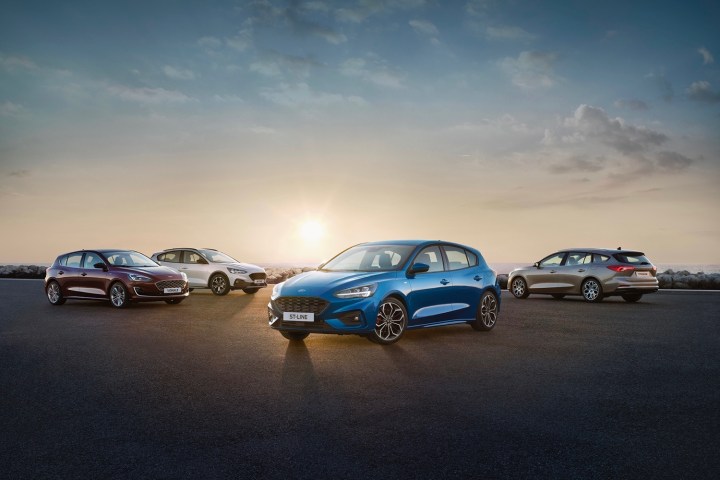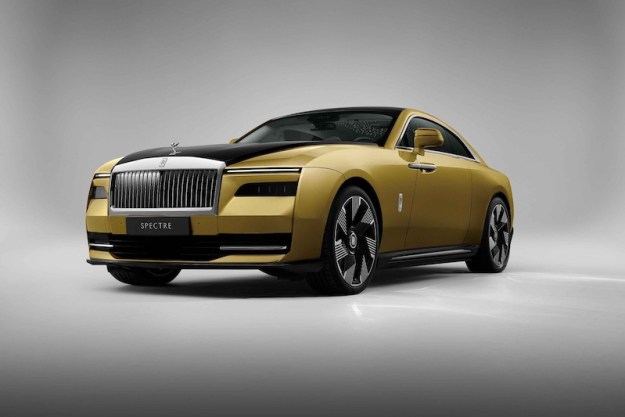
As cars become more advanced and increasingly connected, the possibility of people with malicious intent hacking into them only increases. Ford’s European division hopes to make life more difficult for hackers by rolling out a smart key fob that puts itself to sleep when it’s not in use. The feature isn’t available in the United States yet, but hacking isn’t merely a regional problem so it could end up here sooner rather than later.
Ford explained hackers are able to copy the information contained in a key fob, and use it to make a duplicate with relative ease. It works just like a standard fob, and it performs the same functions as the original. That means thieves can lock or unlock the car, open the trunk, and, in some cases, start the engine. Ford’s answer to this problem is a key fob that turns itself off when it detects it has been idle for over 40 seconds.
When it enters sleep mode, the fob becomes nothing more than the sum of its metal and plastic parts. It doesn’t send or receive any type of signal, so it can’t be duplicated. It automatically wakes up when it senses the owner pick it up and begin walking toward the car. It doesn’t unlock the doors until it’s about 6.5 feet away from the car, however.
Ford’s smart key fob is available now in the United Kingdom. It comes standard on the newest version of the Fiesta, and the fourth-generation Focus (pictured) will get it in May of 2019. Owners of compatible older cars can order a hacker-proof key fob from their nearest dealer for about $100. Ford hasn’t announced plans to bring the feature to North America yet, but spokesman Mike Levine told Motor Authority that the firm “will have more to share at a later date for the U.S. market.”
The Detroit-based company isn’t alone in its quest to make safer, hacker-proof cars. German supplier Bosch showcased its Perfectly Keyless technology during CES 2019. It replaces the key fob with a purpose-designed smartphone app that’s as secure as fingerprint identification. And, speaking of fingerprints, Apple’s Touch ID technology could make its way to the automotive industry in the coming years.
Editors' Recommendations
- Here’s how Ford will give EV customers Tesla Supercharger access
- Goliath car screens have arrived, and Ford’s new software takes full advantage
- Volkswagen is launching its own self-driving car testing program in the U.S.
- Modern cars take touch controls too far. This company found a balance
- GM plans to phase out Apple CarPlay for EVs, go all-in on Android integration




